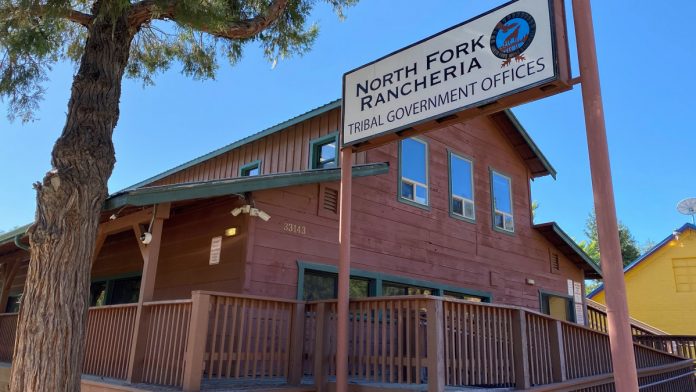Red Rock Resorts has welcomed a long-awaited California Supreme Court ruling that clears a major hurdle in the development of a casino near Madera, California, alongside the North Fork Rancheria of Mono Indians.
The court ruled that former Governor Jerry Brown acted within his authority when he concurred in a pair of federal decisions in 2011 that led to the approval of two so-called ‘off-reservation’ tribal gaming projects in Madera and Yuba counties.
The decision will allow the North Fork Rancheria to move forward with the design, financing and construction of its long-awaited project north of the city.
“This ruling has been a long time coming for the tribe and we are thrilled to be able to move forward with them on this very attractive project,” said Bob Finch, executive vice president and COO of Red Rock Resorts. “We expect that the tribe will be announcing more details regarding the casino in the near future.”
The legal case dates back almost a decade, while the tribe’s pursuit of the casino development initially agreed in 2003 with Las Vegas-based Station Casinos.
The next year, the North Fork Rancheria requested the federal government to take the proposed site near Madera in trust for gaming purposes, and, after a rigorous and lengthy federal review, it was determined that gaming on the land would be in the best interest of the tribe and not detrimental to the surrounding community.
Subsequently gaining the go-ahead from secretary of the interior, Governor Brown, opponents eventually challenged his authority to concur, arguing that California’s Constitution required legislative authorisation.
In 2017, the California Supreme Court agreed to hear challenges to both projects after two appeals courts reached different conclusions. It then took the court over 3 and a half years to rule on the matter.
“We are thrilled that the court has finally decided this case in our favour” noted North Fork Rancheria tribal chair Elaine Bethel-Fink. “Our tribal citizens and local community have been denied the advantages of tribal gaming – billions of dollars in economic benefits and thousands of jobs – for far too long.”
Adding: “While we firmly believe that only federal law controls the gaming eligibility of our trust lands, we are nonetheless delighted to have this long drawn out drama finally behind us — and eager to get going and bring jobs and economic opportunity to our people and community!”
When first announced, development and construction of the project was estimated to be less than $225m, and would include 2,000 slot machines, 70 table games and dining, hotel, and entertainment amenities.












